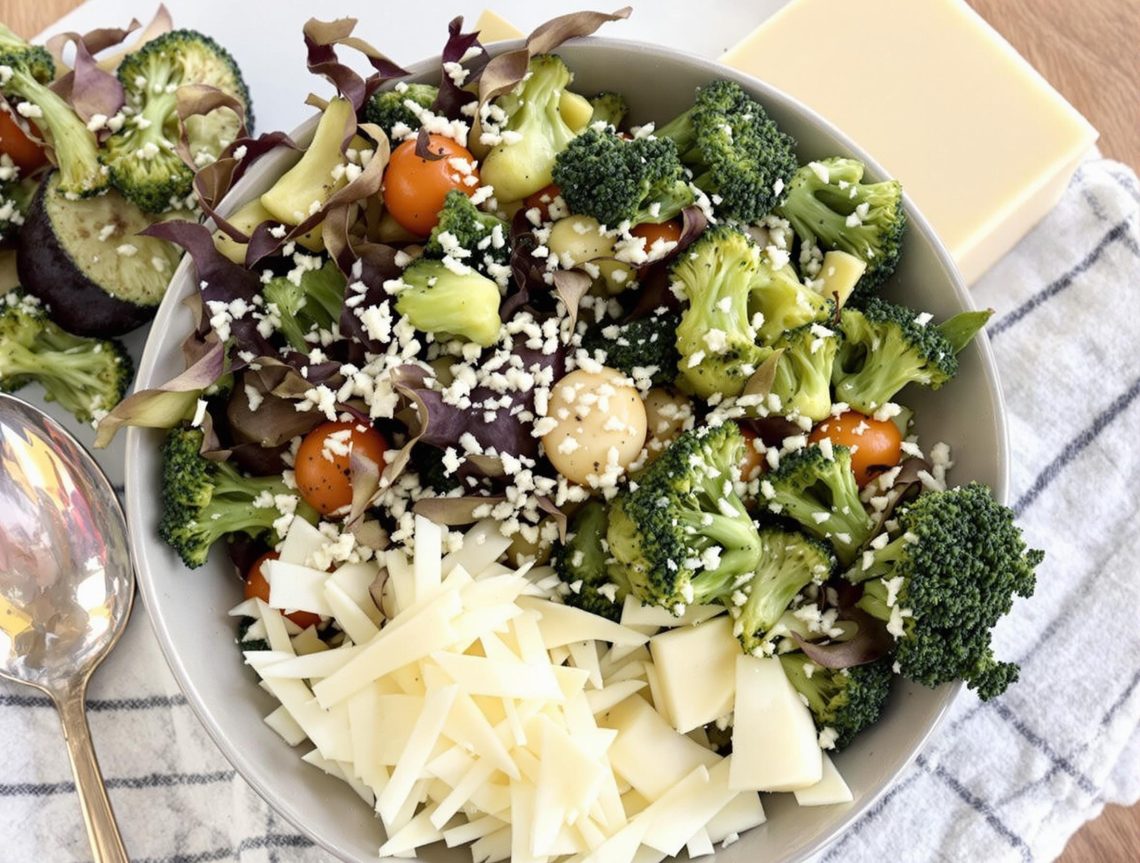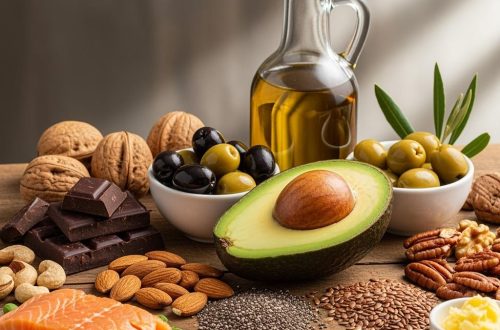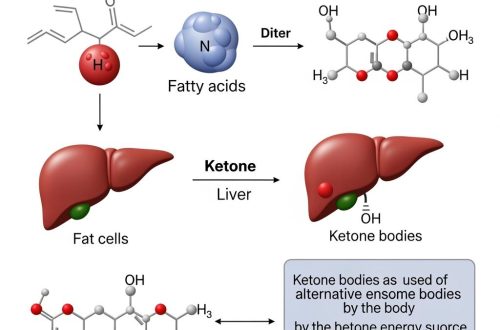Let’s face it – the keto diet has exploded in popularity over the past few years. With its promises of weight loss and better blood sugar control, many people are giving it a shot. But what if you don’t eat animal products? Is keto still an option?
The short answer: Yes, it’s definitely possible to follow a keto diet as a vegetarian or even a vegan. But I won’t sugarcoat it – it takes some serious planning and creativity.
What’s Keto All About?
The ketogenic diet flips your body’s fuel source. Instead of running on glucose from carbs, you switch to burning fat for energy, producing ketones in the process. To get there, you need to slash your carb intake to about 20-50 grams daily – that’s roughly the amount in a single bagel!
On standard keto, your diet typically looks like:
- 70-75% calories from fat
- 20-25% from protein
- Just 5-10% from carbs
The Vegetarian Keto Approach
If you’re vegetarian but still eat eggs and dairy, you’ve got plenty of options. Here’s what your food list might look like:
Foods to Embrace
- Healthy fats: Avocados, coconut oil, olive oil, MCT oil
- Protein sources: Eggs (your new best friend), full-fat cheese, Greek yogurt, tofu, tempeh
- Nuts and seeds: Almonds, walnuts, macadamias, chia seeds, flaxseeds
- Low-carb veggies: Spinach, kale, broccoli, cauliflower, zucchini, mushrooms
- Limited fruits: Avocados (technically a fruit!) and small portions of berries
Foods to Skip
- Meat and fish (obviously)
- Grains like bread, pasta, rice, and quinoa
- Legumes including beans, lentils, and chickpeas
- Most fruits
- Starchy veggies like potatoes and corn
- Anything sugary
Going Full Vegan Keto
Now this is where the real challenge begins. Vegans need to get creative since they’re eliminating all animal products while also cutting most carb sources.
Vegan Keto Staples
- Fat sources: Coconut products, avocados, olive oil, nuts and nut butters
- Protein: Tofu, tempeh, seitan, vegan protein powders
- Vegan “dairy”: Coconut yogurt, cashew cheese, vegan cream cheese
- Vegetables: All the low-carb options mentioned for vegetarians
- Extras: Seaweed (great for minerals), nutritional yeast (for B vitamins and cheesy flavor)
The Benefits Are Real
People who stick with vegetarian or vegan keto often report:
- Significant weight loss
- Better blood sugar levels
- Improved heart health markers
- Reduced inflammation
Plus, if you’re vegan, you’re maintaining your commitment to animal welfare and environmental concerns.
Let’s Talk Challenges
I’m not going to lie – these diets come with some hurdles:
- Nutrient gaps: Without careful planning, you might miss out on key nutrients. Vegans absolutely need B12 supplements, and both groups should watch their iron, zinc, calcium, and omega-3 levels.
- Protein puzzles: Getting enough protein while staying low-carb can be tricky, especially for vegans who can’t rely on eggs and cheese.
- The keto flu: When first transitioning, you might feel tired, headachy, or irritable for a few days as your body adjusts.
- Social situations: Try explaining “I’m a vegan on keto” at a dinner party and watch the confusion!
Making It Work
If you’re serious about trying vegetarian or vegan keto, here are my tips:
- Plan your meals – winging it rarely works with these restrictions
- Focus on whole foods rather than processed substitutes
- Consider tracking your nutrients with an app, at least at first
- Supplement wisely based on your specific needs
- Stay hydrated – keto causes water loss
- Listen to your body – if something doesn’t feel right, reassess
Meal Ideas to Get You Started
Vegetarian Keto:
- Breakfast: Cheesy spinach omelet or chia seed pudding with berries
- Lunch: Huge salad with avocado, nuts, seeds, and boiled eggs
- Dinner: Cauliflower crust pizza with low-carb veggies and cheese
- Snacks: Celery with peanut butter or cheese slices
Vegan Keto:
- Breakfast: Tofu scramble with mushrooms and spinach
- Lunch: Avocado salad with olive oil dressing and pumpkin seeds
- Dinner: Cauliflower rice stir-fry with tofu and coconut aminos
- Snacks: Coconut fat bombs or a handful of macadamia nuts
Bottom Line
Yes, you can absolutely do keto as a vegetarian or vegan, but it’s not for the faint of heart. It requires planning, dedication, and probably some supplements to make sure you’re getting everything your body needs.
Before diving in, it might be worth talking to a nutritionist who understands both plant-based eating AND ketogenic principles. They can help you create a plan that works for your unique needs and goals.
Have you tried vegetarian or vegan keto? What challenges did you face? I’d love to hear about your experiences!





